Company Directory - Grocery Stores
Company Details - Grocery Stores
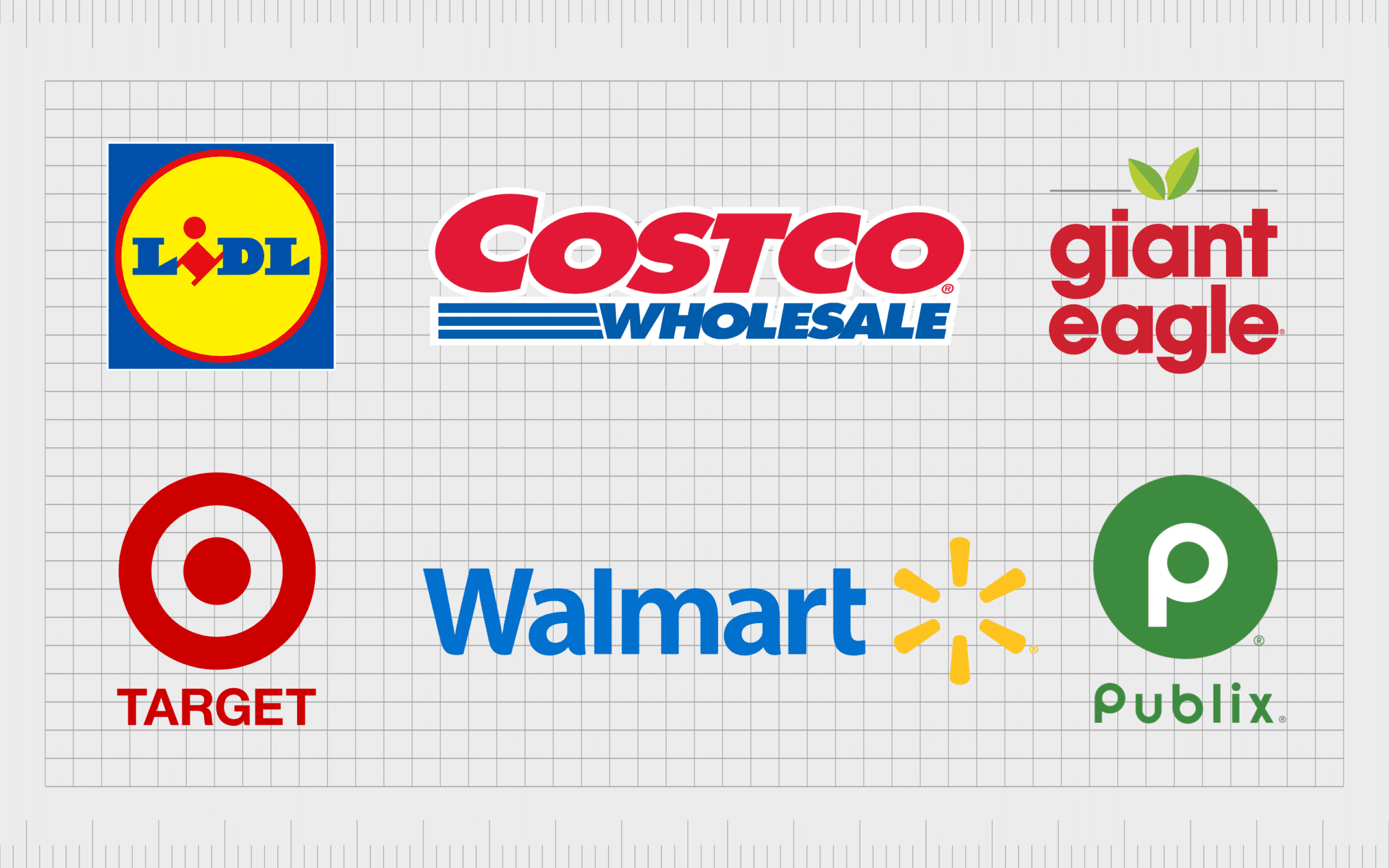
Grocery Stores
Grocery stores are retail establishments offering a wide variety of food and household products. They typically provide fresh produce, dairy, meats, and packaged goods to cater to everyday consumer needs.
CCI Score
CCI Score: Grocery Stores
-20.68
0.08%
Latest Event
Supermarket Industry Political Contributions
OpenSecrets data reveals that national, regional, and local supermarkets contributed over $5.4 million during the 2016 election cycle. This level of political donation indicates an active engagement in funding political campaigns, a practice which, from a left‐leaning perspective, may support and perpetuate corporate influence on governance that can embolden authoritarian practices.
Take Action
So what can you do? It's time to make tough choices. Where will you cast your vote?
- Shop Alternatives
SEE ALL - Use Your Voice
OTHER TOOLS - Investigate
- Share the Score
SUPPORT CCI
ACCOMPLICE
Grocery Stores is currently rated as an Accomplice.
Latest Events
 FEB062025
FEB062025OpenSecrets data reveals that national, regional, and local supermarkets contributed over $5.4 million during the 2016 election cycle. This level of political donation indicates an active engagement in funding political campaigns, a practice which, from a left‐leaning perspective, may support and perpetuate corporate influence on governance that can embolden authoritarian practices.
-20
Political Contributions and Lobbying Efforts
March 19
The involvement of grocery store chains in contributing over $5.4 million to political campaigns in the 2016 cycle reflects a concerning level of corporate political activity. Such contributions can be interpreted as support for established political systems that may, in practice, reinforce authoritarian structures by prioritizing corporate interests over democratic accountability.
 MAY302024
MAY302024The report details comprehensive measures implemented to address forced and child labor risks in the supply chain. It emphasizes a robust supplier code of conduct and due diligence processes, along with a commitment to upholding fair labor practices, though it also notes gaps such as a lack of specialized training on forced labor prevention.
+60
Labor Relations and Human Rights Practices
March 19
The report demonstrates a strong commitment to ensuring fair labor practices and worker rights by emphasizing the prohibition of forced and child labor. However, the absence of targeted training specifically focused on preventing forced labor slightly limits the overall effectiveness, resulting in a moderately positive score.
+70
Supply Chain Ethics
March 19
The report outlines rigorous supply chain ethics, including detailed supplier audits, strict compliance requirements, and a comprehensive Supplier and Vendor Code of Conduct. These measures demonstrate a proactive approach to mitigating risks associated with forced labor, helping to establish a strong ethical sourcing framework.
 JAN192024
JAN192024A report from the Ethical Trading Initiative highlights severe human rights issues in supermarket supply chains, detailing exploitative labor practices and unethical sourcing that significantly harm vulnerable workers. The analysis calls for rigorous human rights impact assessments and concrete reforms by retailers.
-50
Labor Relations and Human Rights Practices
March 19
The article criticizes supermarkets for inadequate labor relations and neglect of human rights, highlighting exploitative conditions and insufficient commitment to worker welfare. This assessment indicates that the company’s practices in labor relations contribute negatively by not ensuring fair treatment and adequate working conditions.
Supermarkets are assessing human rights abuses in their supply chains
-60
Supply Chain Ethics
March 19
The article emphasizes that supermarket supply chains are complex and high-risk for human rights abuses. It highlights issues in sourcing practices that force suppliers into exploitation, with little accountability or reform. Such practices significantly undermine ethical supply chain standards.
Supermarkets are assessing human rights abuses in their supply chains
 JAN112024
JAN112024An Oxfam briefing criticizes supermarkets for insufficient human rights impact assessments, highlighting significant gaps in labor practices and supply chain ethics that adversely affect workers and producers.
-50
Labor Relations and Human Rights Practices
March 19
The article highlights that many supermarkets, including Grocery Stores, have failed to conduct thorough human rights impact assessments, thereby neglecting the welfare of workers and perpetuating exploitative labor practices. This represents a serious oversight in labor relations and human rights practices, contributing to systemic abuses in food production.
-40
Supply Chain Ethics
March 19
The report underscores that inadequate supply chain ethics, including exploitative pricing and poor negotiation practices, exacerbate human rights abuses in food production. Supermarkets are criticized for not addressing root causes in their sourcing practices, which deepens systemic exploitation of producers.
 FEB132023
FEB132023A Greenpeace USA report highlights that major grocery retailers, including Grocery Stores, have failed to address forced labor and human rights abuses in their tuna supply chains. This event underscores significant lapses in labor practices and supply chain ethics.
-70
Labor Relations and Human Rights Practices
March 19
The Greenpeace USA report exposes severe shortcomings in protecting worker rights. Grocery Stores, as part of the grocery retail sector, have been implicated in failing to purge forced labor practices from their tuna supply chains, reflecting profound deficiencies in labor relations and human rights practices.
-70
Supply Chain Ethics
March 19
The report reveals stark deficiencies in supply chain ethics among major grocery retailers. Grocery Stores have not enforced stringent oversight in their sourcing practices, thereby allowing forced labor abuses to persist in their tuna procurement.
Alternatives
Schenectady, United States
3.44
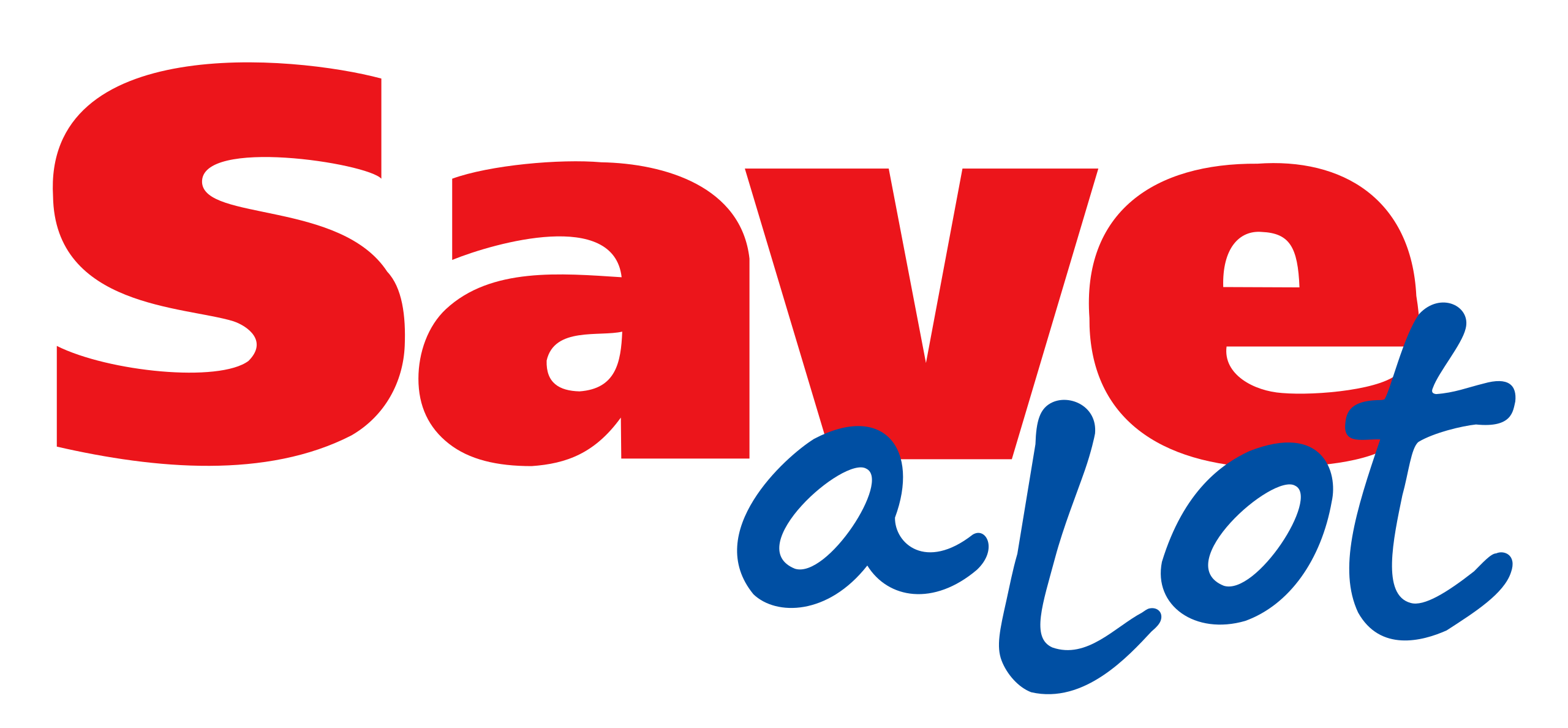
St. Louis, United States
67.91
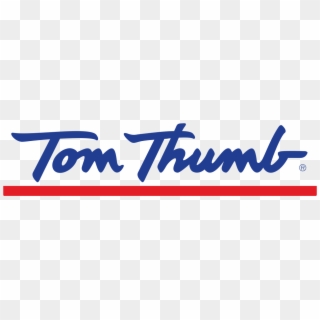
Dallas, USA
66.13
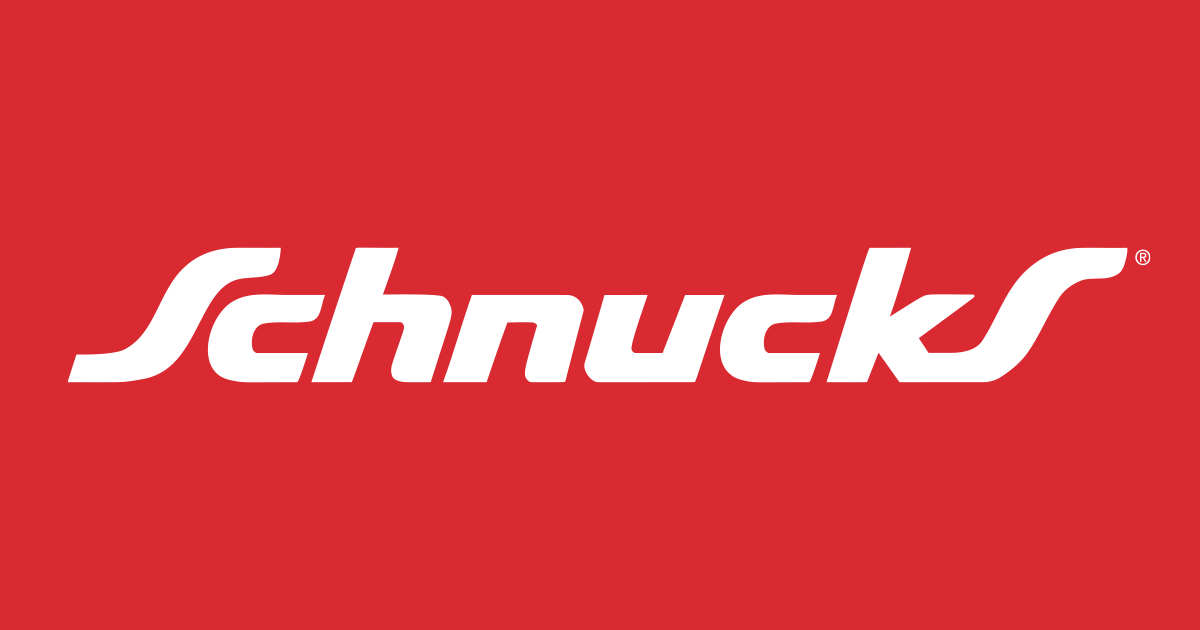
St. Louis, United States
51.13

San Antonio, United States
47.41
Salisbury, United States
43.25

Amherst, United States
41.15

Keasbey, United States
32.33

London, United Kingdom
31.23
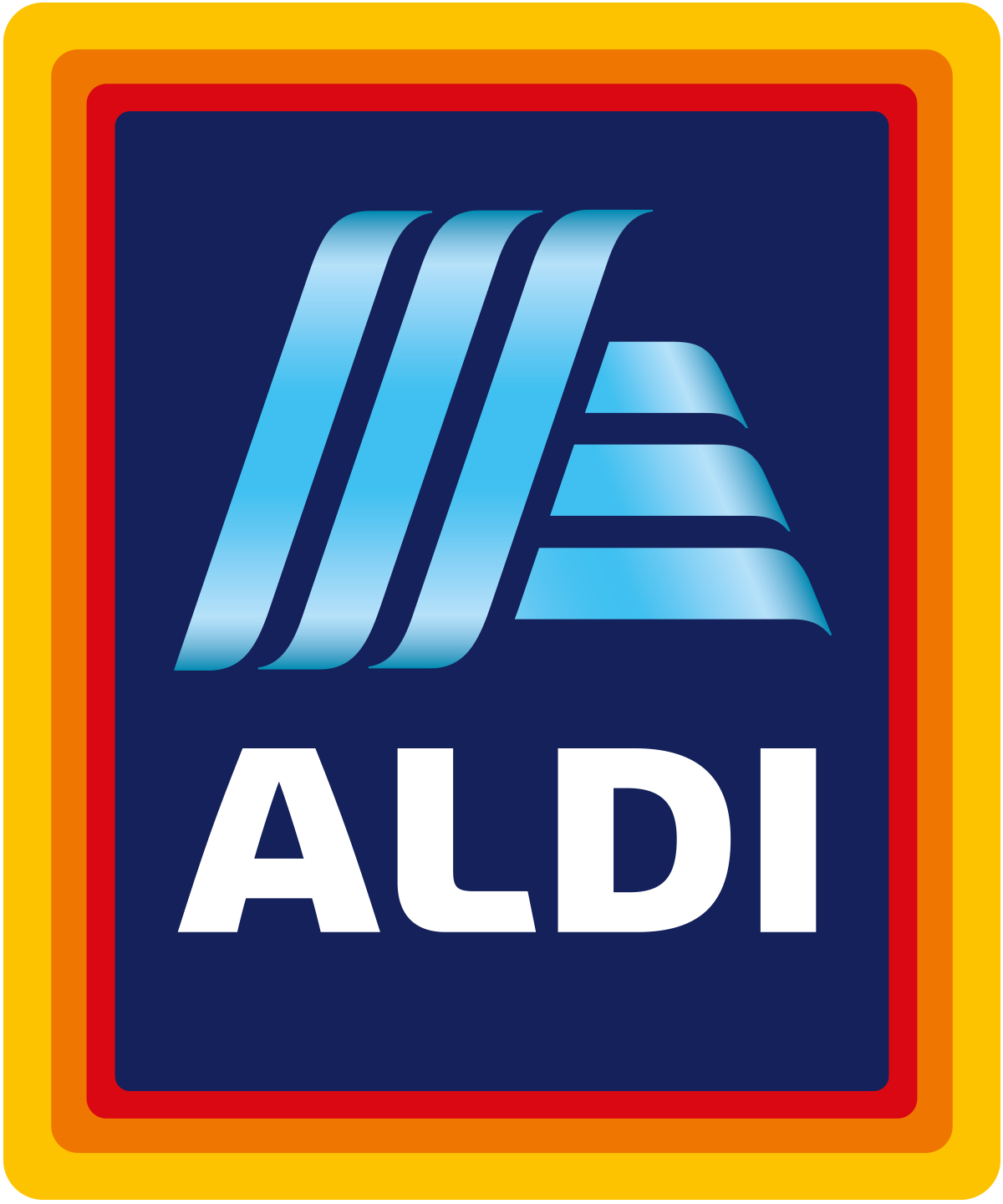
Mülheim an der Ruhr, Germany
30.78
Industries
- 445110
- Supermarkets and Other Grocery Retailers (except Convenience Retailers)
- 445120
- Convenience Stores
- 445200
- Specialty Food Stores